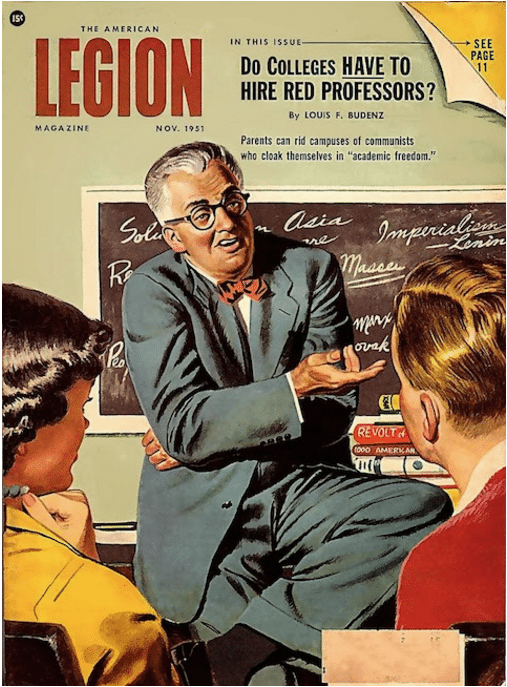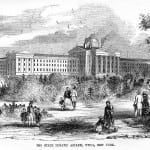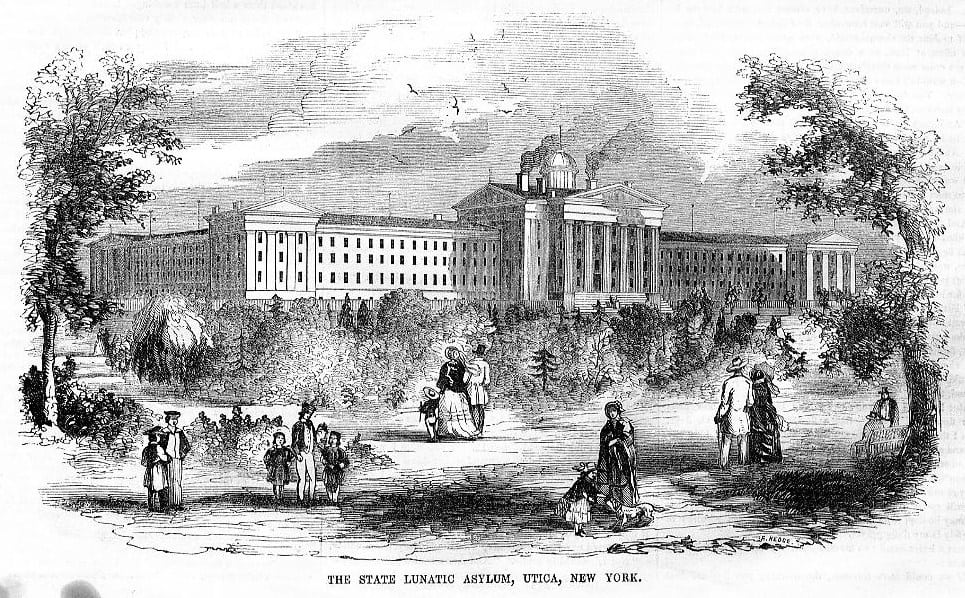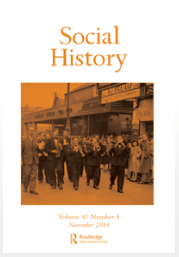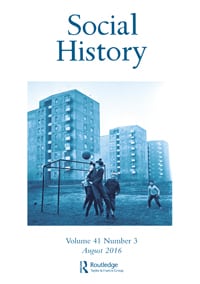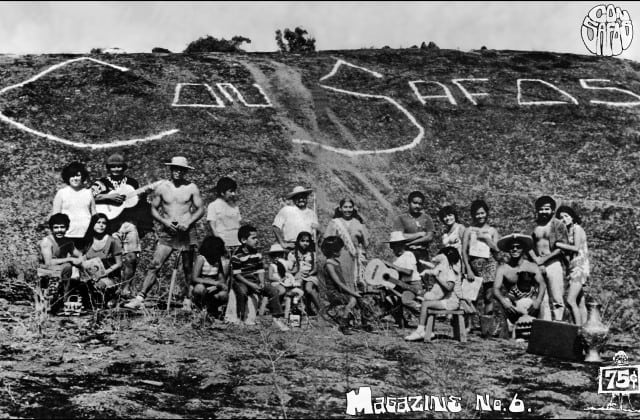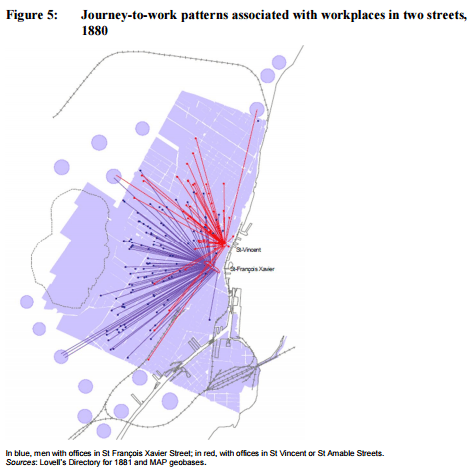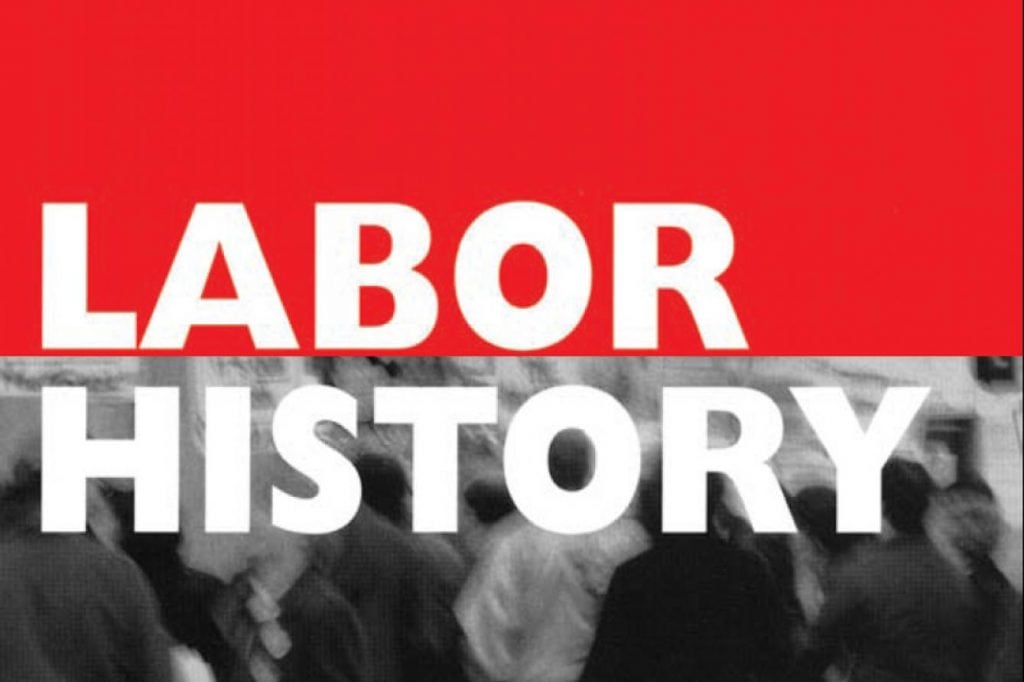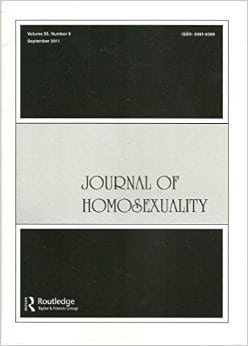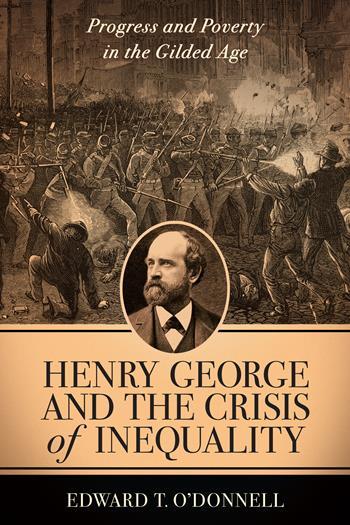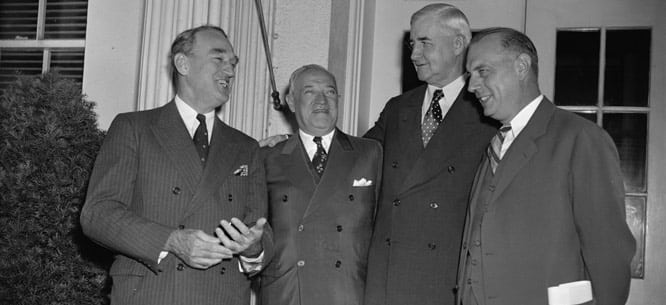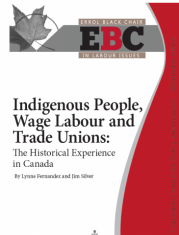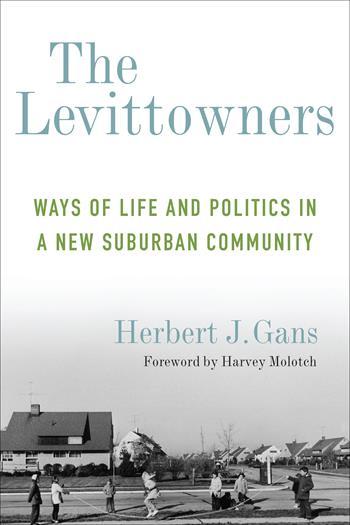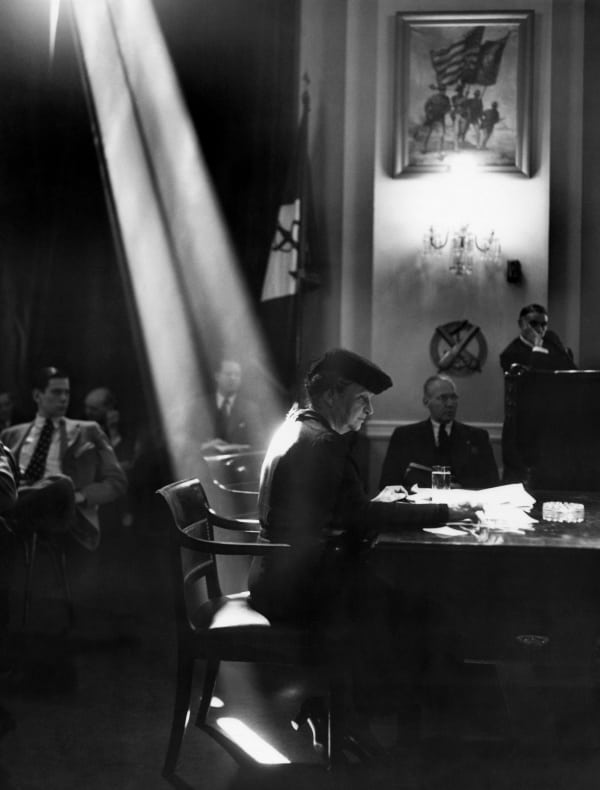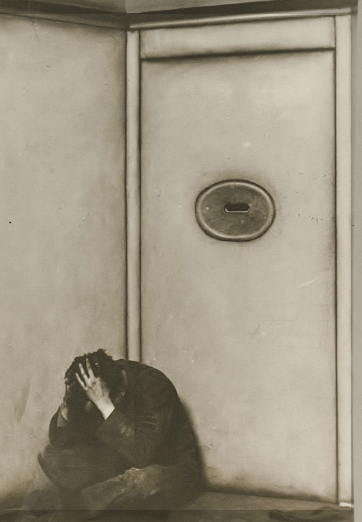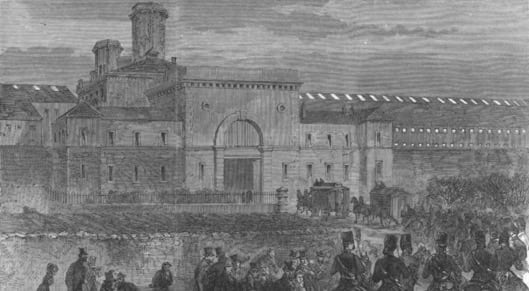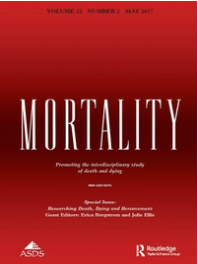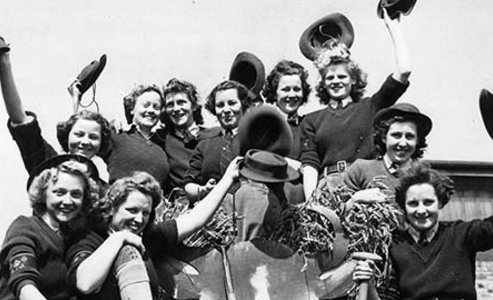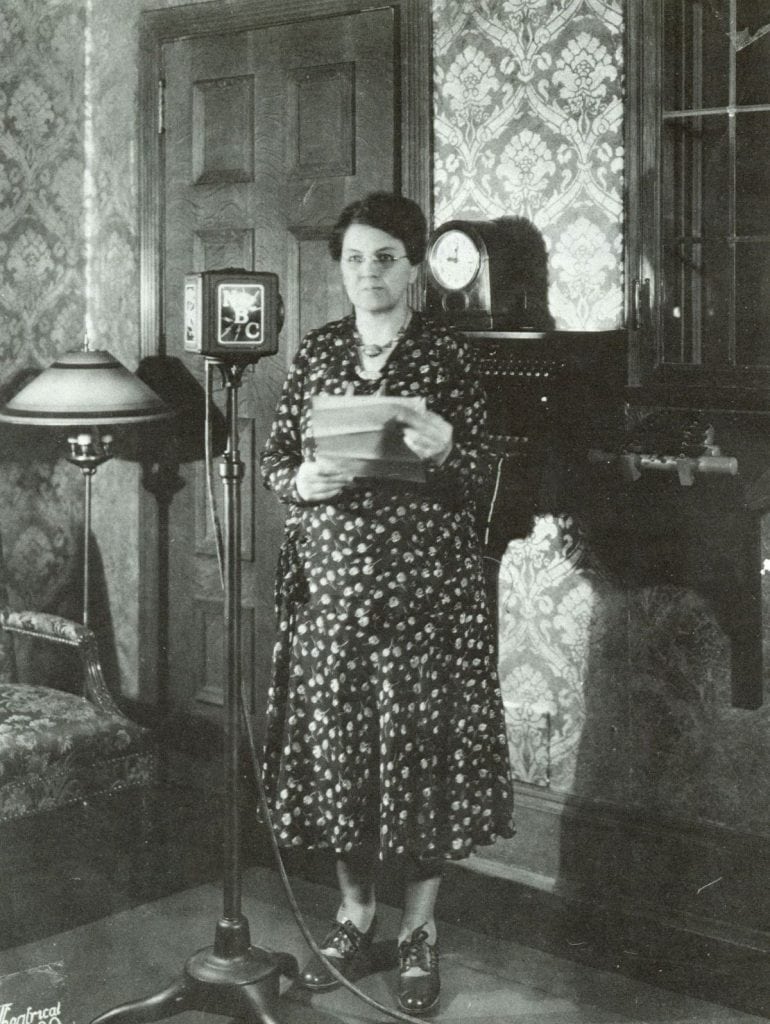Irwin Klein and the new settlers: Photographers of counterculture in New Mexico
The Red Menace: A Striking Gallery of Anti-Communist Posters, Ads, Comic Books, Magazines & Films
“The Weight of Perhaps Ten or a Dozen Human Lives”: Suicide, Accountability, and the Life-Saving Technologies of the Asylum
The Law and Politics of Marital Rape in England, 1945–1994
Explosion of deferred dreams: musical renaissance and social revolution in San Francisco, 1965–1975
Social Welfare History Group
Rethinking Antifascism: history, memory and politics, 1922 to the present
Trends in Medical and Nonmedical Use of Prescription Opioids Among US Adolescents: 1976-2015
TV Socialism
Con Safos: Reflections of Life in the Barrio
Setting the census household into its urban context: Visualizations from 19th-century Montreal
Spain: from the indignados rebellion to regime crisis (2011-2016)
Imperial Queerness: The U.S. Homophile Press and Constructions of Sexualities in Asia and the Pacific, 1953–1964
Henry George and the Crisis of Inequality: Progress and Poverty in the Gilded Age
Social unrest and the Highway Beautification Act of 1965
Talks from the National LGBT History Festival: E-J Scott on collecting for the Museum of Transology
How Tax Policy Created the 1%
The Sons of Molly Maguire: The Irish Roots of America’s First Labor War
Talks from the National LGBT History Festival: Hilary McCollum on ‘Sapphic Suffragettes’
Pioneering Health Care for Children with Disabilities: Untold Legacy of the 1916 Polio Epidemic in the United States
Indigenous People, Wage Labour and Trade Unions: The Historical Experience in Canada
The Levittowners: Ways of Life and Politics in a New Suburban Community
Kulturkamph on the American Jewish Left: progressive artists react to events in the 1920s and 1930s
Healthy aspirations? Crypto-eugenics and the aim to create healthy families in Australia, 1946–1970s
The Victim of Historical Child Sexual Abuse in the Irish Courts 1999–2006
Patriotic betrayal: the inside story of the CIA’s secret campaign to enroll American students in the crusade against communism
Why did people fear the Victorian workhouse?
Wilfrid Laurier University social work researchers create virtual museum of Waterloo County “poorhouse”
Her life: The woman behind the New Deal
From her earliest days in the Roosevelt cabinet, Frances Perkins was a forceful advocate for massive public works programs to bring the nation’s unemployed back to work. Within a month of Roosevelt’s inauguration, Congress enacted legislation establishing the Civilian Conservation Corps, which Roosevelt asked Perkins to implement. Roosevelt also asked her to present a plan for an emergency relief program, and she delivered a young social worker from New York named Harry Hopkins who had visited Frances in Washington with his own proposal.
Prisoners and Mental Illness in Prisons, 1850–2000
Since the inception of the ‘modern’ prison system in the mid-nineteenth century to the current day, the relationship between mental illness and the prison has been hotly debated, in terms of why so many prisons came to contain large numbers of mentally ill people, as well as their tendency as institutions to produce or exacerbate mental disease.
Amiable Warriors: A History of the Campaign for Homosexual Equality
The ‘flood’ of 1945: regimes and repertoires of migration in the Soviet Union at war’s end
Clyde Warrior: tradition, community, and Red Power
Bearing Witness: Journalists, Record Keepers and the 1917 Halifax Explosion



